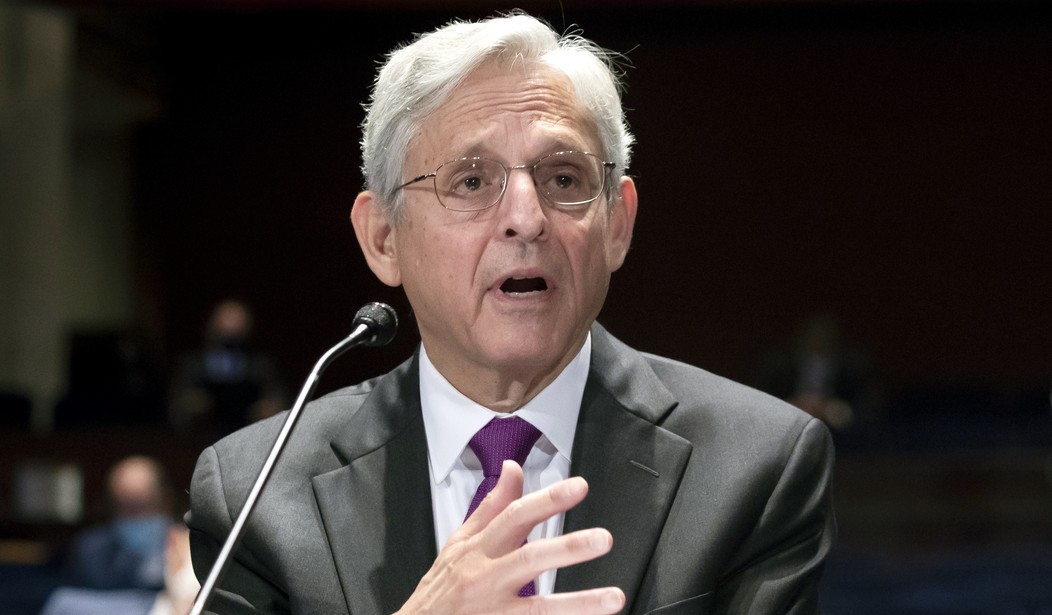The Biden administration on Friday looked to distance itself from the controversy surrounding the National School Boards Association's coordination efforts with the Department of Justice, which occurred ahead of its Sept. 29 letter to the White House asking for federal assistance to deal with "threats" from parents at school board meetings that it compared to "a form of domestic terrorism and hate crimes."
When speaking on whether the White House asked the DOJ to write the Oct. 4 memorandum from Attorney General Merrick Garland, a White House official said the situation "has nothing to do with curriculum."
"It is standard practice across every administration for White House officials to meet with outside stakeholders for listening sessions on a range of issues," the spokesperson told Fox News before adding that it "makes sense" to request examples of "increasingly common threats of violence if an alarm is sounded about such a trend, regardless of circumstances."
The spokesperson also claimed that the White House was not involved in the DOJ's memo instructing the Federal Bureau of Investigations and other law enforcement agencies to "address threats against school administrators, board members, teachers and staff," saying that the DOJ "chose to take this approach on their own."
"We contacted DOJ after we were notified about these threats of violence because we were concerned about the pattern, and we discussed policy – not enforcement," the White House official said.
Emails obtained by nonprofit Parents Defending Education revealed that the NSBA was "actively engaged" in talks with the White House, DOJ and other departments within the administration weeks before it sent its letter to the president.
Recommended
NSBA president Viola Garcia, whom the Department of Education has since appointed to a federal board, sent a memo to NSBA members on Oct. 11 (but dated Oct. 12) that provided a timeline of the organization's talks with the White House prior to the Sept. 29 letter to Biden, which prompted the DOJ to issue its Oct. 4 memo.
The NSBA later apologized to its members for the language used in its letter, as Townhall previously reported.
But Garland said at a congressional hearing that he would not retract his memo because he did not adopt the same language that the NSBA had apologized for using in its letter.

























Join the conversation as a VIP Member